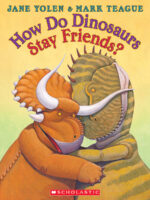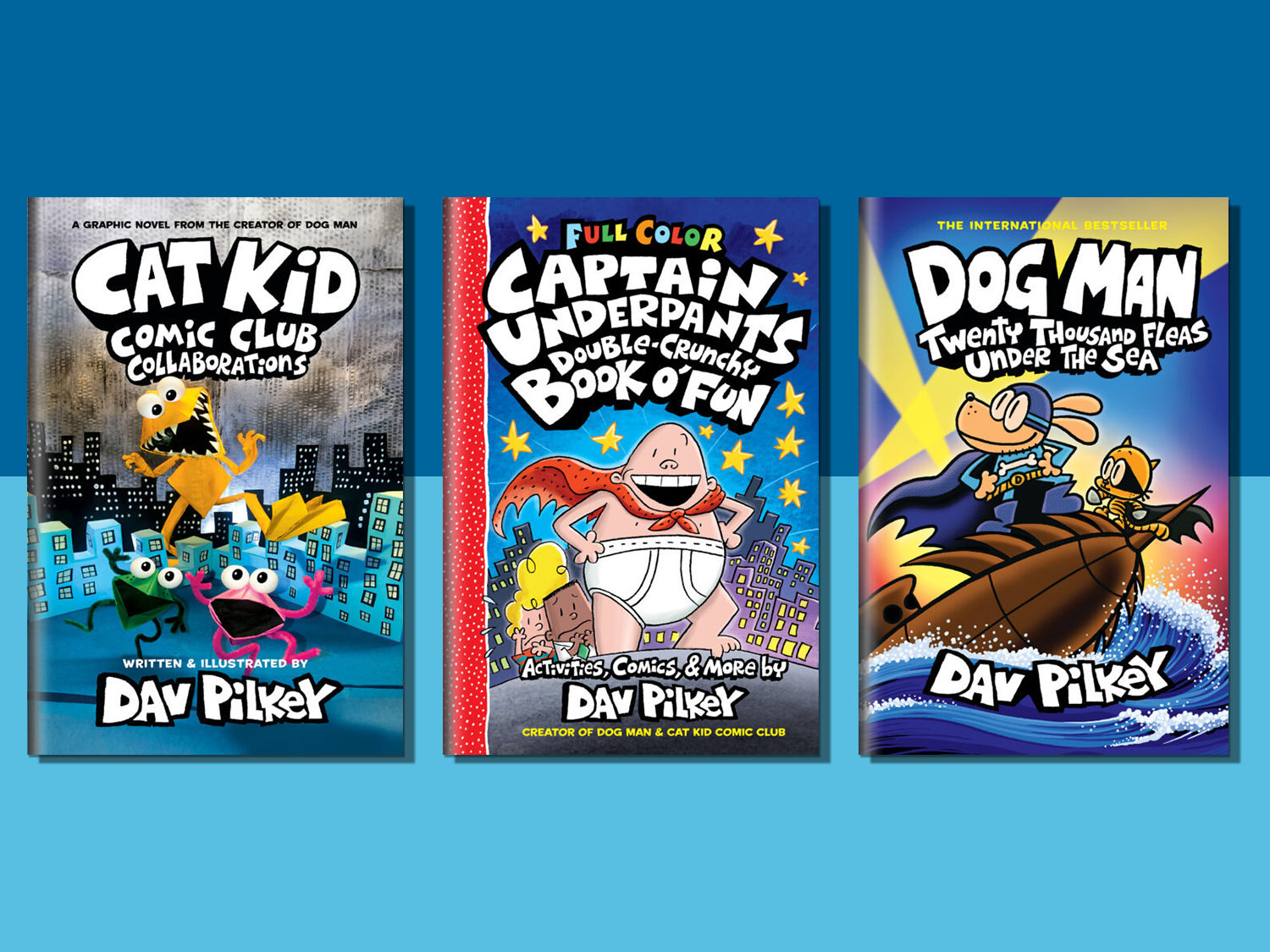3 Fun Ways to Teach Theme to Students
Here are the best teacher-recommended ideas for using picture books, author studies, and a creative writing activity to explore literary themes.
3 Fun Ways to Teach Theme to Students
When third-grade teacher Angela Bunyi transitioned to teaching upper-elementary students, she realized she had to rethink how to approach identifying and analyzing literary themes.
By the fourth grade, students are ready to move beyond the morals of fables and fairy tales to the more complex (and more numerous) themes of middle-grade literature. Read on for Bunyi’s recommendations on how to teach literary themes to upper-elementary students.
Common Themes Found in Literature
One way to help students distinguish between the theme and the summary of a story is to label any thematic charts you create as “The Message” — in other words, what are the deeper meanings of the text and what are they trying to tell us? This helps students remember that a theme is a message that they can find and apply to their own life (you might even style it "THE-MEssage" to emphasize "theme"). Students can easily track themes by creating a T-chart with one side dedicated to identifying a theme, and the other for recording supporting details that “prove it.”
A story or novel can have multiple themes woven throughout, and the themes are often more complex than a simple identifying keyword suggests. However, identifying a thematic keyword is a great first step to exploring that theme in more depth.
Some common themes found in literature include: acceptance, courage, perseverance, cooperation, responsibility, compassion, conesty, kindness, loyalty, friendship, love, and self-worth. For older readers, exploring themes such as the struggle against nature, the struggle against society, how crime doesn’t pay, and how sacrifices are rewarded are also greatly beneficial for learning more complex character development.
To get started in your own classroom, try these fun and effective strategies to teach themes below.
Strategy #1: Use Picture Books to Discuss Themes (Grades PreK-2)
Even in the upper grades, picture books are a great resource for demonstrating and discussing literary themes! With meaningful illustrations, students will garner a better sense of commonalities and outliers within the story that are more readily understood and easier to notice.
Strategy #2: Discuss Themes Using Novels and Author Studies (Grades 3-7)
One of the best ways to dig deeper into the concept of theme is through a novel study. The Watsons Go To Birmingham - 1963 is an excellent middle-grade novel for exploring themes such as racism, prejudice, discrimination, family relationships, growing up, and friendship.
An author study lets students investigate common, recurring themes in an author’s works.
Kate DiCamillo, for example, often tackles themes such as redemption, family relationships, and abandonment. Judy Blume’s books are all about growing up, while Gary Paulsen’s books strongly demonstrate the struggles of man vs. nature and man vs. societal pressure.
When doing a novel or author study, incorporate graphic organizers to help students think about the characters, setting, and plot before they identify a potential theme. Students can then use their story’s “main idea” and “supporting details” to “prove” their selected theme.
Strategy #3: Try This Theme-in-a-Bottle Project (Grades 2-7)
Once your students have learned to identify and analyze literary themes, they are ready to demonstrate their new skills by writing letters in a bottle from a character’s point of view!
Each student will need a two-liter plastic soda bottle (or some other unbreakable, see-through container), paper, markers, and glue. They should decorate their container with symbols and scenery appropriate to the story they read and its theme.
Now it’s time for each student to write a letter from the character’s point of view. Their letter should express the main character’s feelings about the life lessons (aka: the themes!) they have learned. At the beginning of the letter, students should state the theme they think the text conveys. In the body of the letter, they should include three points that support their ideas.
Tell your students that the bottles they create will be given to students in another class, who will decide if they successfully presented three points that connect to their theme. When writing their letters, they should be creative, neat, and write as the characters in the novels would.
Shop books with strong literary themes below! You can find all books and activities at The Teacher Store.
When Mac, an apple, meets Will, a worm, they become fast friends, teaching each other games and even finishing each other's sentences. But apples aren't supposed to like worms, and Mac gets called "rotten" and "bad apple."
It's a perfect summer. That is, until Jeremy moves into the house down the street and becomes neighborhood enemy number one. Luckily Dad has a surefire way to get rid of enemies: Enemy Pie. But part of the secret recipe is spending an entire day playing with the enemy!
When David Shannon was five years old, he wrote and illustrated his first book. On every page were these words: NO, DAVID! . . . and a picture of David doing things he was not supposed to do. All he hears from his mother as he breaks his mother's rules is "No, David!", "That's enough, David!", and "Settle down!"
This award-winning picture book, a clever, original variation on the theme of the ugly duckling, follows the adventures of a lost baby fruit bat and her efforts to fit in.
Holy unanticipated occurrences! A cynic meets an unlikely superhero in a genre-breaking novel by master storyteller Kate DiCamillo.
Every Sunday after church, CJ and his grandma ride the bus across town. But today, CJ wonders why they don't own a car like his friend Colby. How come they always have to get off in the dirty part of town? Each question is met with an encouraging answer from Grandma, who helps him see the beauty and fun in their routine and the world around them.
It's Daddy's day out with toddler Trixie, and they're off to the Laundromat! Daddy holds on to Trixie's hand; Trixie holds on to Knuffle Bunny, her beloved stuffed animal. They go down the block, through the park, past the school, until finally they reach their destination.
And Wemberly worried about one thing most of all: her first day of school. But when she meets a fellow worrywart in her class, Wemberly realizes that school is too much fun to waste time worrying!
Joe and Ravi don't think they have anything in common, but soon enough they have a common enemy (the biggest bully in their class) and a common mission: to take control of their lives over the course of a single crazy week.
This fun-to-read follow-up to the popular Llama Llama Red Pajama finds Llama Llama and Mama heading to Shop-O-Rama, where shopping soon becomes a drama. Illustrations.






















